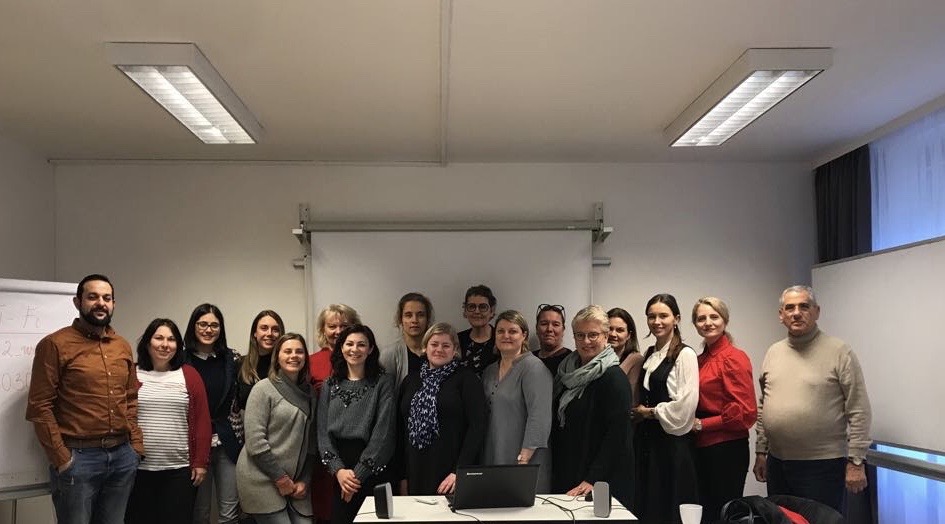The conference titled ‘Good Start for All: bridging the gap between formal and informal educators’ was a part of the Erasmus+ project – ‘Good Start for All: Development of Inclusive Education Methods for Pre-school Children from Socially Disadvantaged or Culturally Different Environments’ (GSA), which aims to support the inclusion of children from socially disadvantaged or culturally different environments. Unfortunately, due to pandemic, the representatives of the partner organisations couldn’t take part in the conference held in the wonderful city of Prague. However, Schola Empirica has found a solution and organized the online conference where experts had a chance to meet and discuss their experience of cooperation of formal and informal educators. The participants of the conference had an opportunity to learn about the possibilities of cooperation between formal and informal educators (preschools, NGOs) and find out about innovative teaching methods applied in Great Britain, Sweden, Poland, Slovakia and the Czech Republic:
Egle Havrdová, the directress of Schola Empirica (the coordinating organisation of the GSA project) talked about the outcomes of cooperation between preschools and social workers in the towns of Štětí and Krupka in the northwest of the Czech Republic, about the evaluation methods, and about the Good Start methodology implemented by Schola Empirica.
Peter Strážik, the Headmaster of the Primary School and Preschool in Spíšský Hrhov and a senior expert for community programs at Škola dokorán (Wide Open School), presented about the inclusion of Roma pupils in the mainstream education in eastern Slovakia.
Mojca Williams, co-founder of the organisation Language in Your Hands based in England, explained how they use sign-supported language to integrate children who do not speak the language of instruction as their first language: mostly migrants and refugees.
Marta Anielak, a psychologist and an international project manager at Społeczna Akademia Nauk (University of Social Sciences), one of the leading private universities in Poland, presented about the methods of inclusive education in Poland.
Last but not least, Cecilia Torstensson, the Principal of adult education at the Center for Flexible Learning in Söderhamn, and Anneli Dahlberg, principal of three preschools in Söderhamn municipality, described the activities of the Dream Workshop – an afternoon children centre in Sweden.
If you are interested in the topics of the conference, you can find out more about the GSA project here; the partners of the project also produced three valuable intellectual outputs that you can download and read:
The first intellectual output, The Report on the National Policies of Inclusive ECEC in Partner Countries, focused on the policy approaches and regulations on the inclusive education applied in each partner country. It also elaborated on methods and good practices that are currently being used by teachers and educators in formal as well as informal preschool settings, taking into consideration available data.
The second output, A Description of Inclusive Strategies Applied in Informal Pre-school Settings in the Czech Republic, Slovakia, Sweden, UK and Poland, introduced methods used in informal pre-school settings of each partner country. Each Description was devoted to an informal pre-school institution that represents a good example of working with children, parents, and their cooperation with formal pre-school institutions. The emphasis was placed on detailed accounts of methods that aim to prepare children from socially disadvantaged and culturally different environments for formal education.
The final output was a Good Practice Guide to Inclusive ECEC: New Evidence Based Approaches to Inclusive Preschool Education which presented case studies from each partner country and good practices that were implemented while working with the individuals from these case studies. The Guide also includes a summary of good practices coming from the case studies as well from the participating institutions’ long-standing experience.



